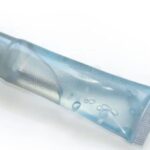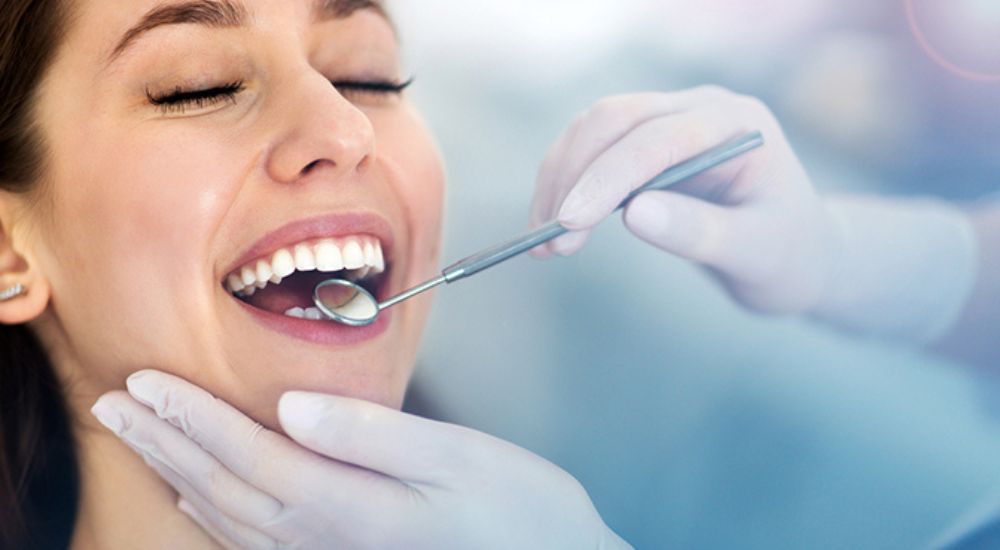In the world of skincare, one ingredient often sparks confusion and controversy: Alcohol Denat. Short for denatured alcohol, this ingredient appears frequently in ingredient lists, especially in toners, cleansers, and acne treatments. Its presence raises many eyebrows, especially among consumers striving for healthy and balanced skin. So, what exactly is Alcohol Denat, and why is it used so widely? Is it good or bad for your skin? The answers aren’t as black-and-white as they may seem. Understanding this ingredient from multiple angles, including its function, safety, and impact on different skin types, is essential for making informed choices about the products you use.
What is Alcohol Denat?
Alcohol Denat, or denatured alcohol, is ethanol that has been treated with additives to make it unfit for human consumption. These additives give it a bitter taste and often unpleasant smell, preventing it from being ingested. While it might sound harsh, this alteration has practical benefits in cosmetics. By denaturing the alcohol, companies avoid taxes and regulations that apply to consumable alcohol. It also increases product shelf life and prevents microbial growth, making formulations more stable and hygienic.
Why Is Alcohol Denat Used in Skincare Products?
Skincare formulators use Alcohol Denat for several technical reasons. First and foremost, it acts as a solvent—dissolving other ingredients so they can penetrate the skin more effectively. It also helps reduce the greasy feeling of certain products by creating a lightweight, fast-drying texture, especially in gels and serums. In acne treatments, Alcohol Denat is appreciated for its astringent and antibacterial properties, making it effective at clearing oil, dirt, and bacteria from the surface of the skin. Additionally, it serves as a preservative to prevent contamination over time. These functions make it appealing from a manufacturing standpoint, but not necessarily from a skincare or health perspective.
The Pros of Alcohol Denat in Skincare
Despite its controversial nature, Alcohol Denat does offer specific benefits. It enables a formula to feel weightless and absorb quickly, which can be a huge plus for people with oily or acne-prone skin. It creates a refreshing sensation on application and temporarily tightens the skin, giving a smooth matte finish. Moreover, its ability to penetrate the skin barrier helps active ingredients like retinol or vitamin C reach deeper layers, enhancing their effectiveness. These properties are particularly useful in products designed for quick results or short-term improvements in skin appearance.
The Cons of Alcohol Denat in Skincare
However, the drawbacks of Alcohol Denat cannot be overlooked. It can be incredibly drying, stripping the skin of its natural oils and compromising the skin barrier. When used repeatedly, especially in high concentrations, it can lead to irritation, sensitivity, flakiness, and even breakouts. Over time, the skin may respond to this dryness by overproducing oil, worsening conditions like acne. In people with dry, sensitive, or compromised skin, this ingredient can be a trigger for redness, burning sensations, and long-term damage. Moreover, Alcohol Denat may interact poorly with other potent ingredients, exacerbating skin reactions.
Impact on Different Skin Types
The effect of Alcohol Denat greatly depends on your skin type. If you have oily or acne-prone skin, it might offer short-term relief by drying out excess sebum. But this short-term solution can turn into a long-term problem if your skin begins to overcompensate with more oil production. On the other hand, people with dry, sensitive, or eczema-prone skin are at a much higher risk of irritation and inflammation. Combination skin might experience a split effect—benefits in oilier zones but increased dryness in others. That’s why personalized skincare is essential when evaluating ingredients like Alcohol Denat.
How to Spot Alcohol Denat on Labels
Reading ingredient lists carefully can help you avoid overexposure to Alcohol Denat. It’s usually listed as “Alcohol Denat” or sometimes just “Denatured Alcohol.” It may also appear as SD Alcohol or specially denatured alcohol with a code number (e.g., SD Alcohol 40-B). If it appears near the top of the ingredient list, the concentration is likely high. If it’s further down, its impact may be minimal, particularly if balanced with hydrating and soothing ingredients. It’s crucial to weigh the entire formulation, not just a single ingredient.
Safe Concentrations and Usage
Low concentrations of Alcohol Denat—typically under 5%—are generally considered safe for most skin types, especially when used in products that are rinsed off. Leave-on products like toners or serums may pose more risk, particularly if used daily. If a product contains Alcohol Denat but also includes hydrating agents like glycerin, panthenol, or hyaluronic acid, its drying effect can be offset. Ultimately, the safety of Alcohol Denat depends not only on concentration but also on frequency of use and the presence of other balancing ingredients.
Natural and Alternative Options
If you’re looking to avoid Alcohol Denat, there are several alternatives in skincare. Witch hazel, tea tree oil, or botanical extracts can offer astringent and antibacterial benefits without the same level of irritation. Brands that market themselves as “clean” or “natural” often formulate products without denatured alcohol, using plant-based solvents instead. These alternatives are often better suited for people with dry or sensitive skin. However, they may not provide the same quick-drying or mattifying effects, so it’s important to manage expectations.
Myths and Misunderstandings
One common misconception is that all alcohols in skincare are bad. This isn’t true. Fatty alcohols like cetyl alcohol, stearyl alcohol, and cetearyl alcohol are emollients that moisturize the skin and enhance product texture. These are completely different from Alcohol Denat and are generally beneficial. Another myth is that Alcohol Denat causes permanent damage to the skin. While it can compromise the skin barrier over time, this effect is reversible with proper skincare and barrier repair. Understanding these differences can help consumers make smarter choices.
Dermatologist Insights and Opinions
Many dermatologists take a balanced view of Alcohol Denat. While they acknowledge its usefulness in certain formulations, they caution against excessive or prolonged use—especially in individuals with compromised skin. Some recommend avoiding it altogether if you have conditions like rosacea, eczema, or psoriasis. Others suggest using it sparingly and always alongside soothing and hydrating products. Like many skincare debates, context is everything. What matters most is the overall formulation and how it fits into your specific skincare routine.
Should You Avoid Alcohol Denat Completely?
Whether you should avoid Alcohol Denat comes down to your skin’s needs and sensitivities. If your skin tolerates it well, and the product offers visible benefits, occasional use may be acceptable. However, if you notice irritation, tightness, or dryness, it’s best to look for alcohol-free alternatives. Skincare is highly individual, and there’s no one-size-fits-all answer. Pay attention to how your skin responds, and don’t be afraid to experiment until you find what works best for you.
Conclusion
Alcohol Denat is a double-edged sword in skincare—it offers certain benefits like quick absorption and enhanced penetration, but these come with risks of dryness, irritation, and sensitivity. Its effect on the skin varies based on concentration, formulation, and skin type. While it’s not inherently “bad,” it’s certainly not suitable for everyone. Understanding how it works and evaluating the entire product formulation can help you decide whether to embrace or avoid it in your routine. In skincare, knowledge is power—and being ingredient-conscious is the first step toward healthier skin.










